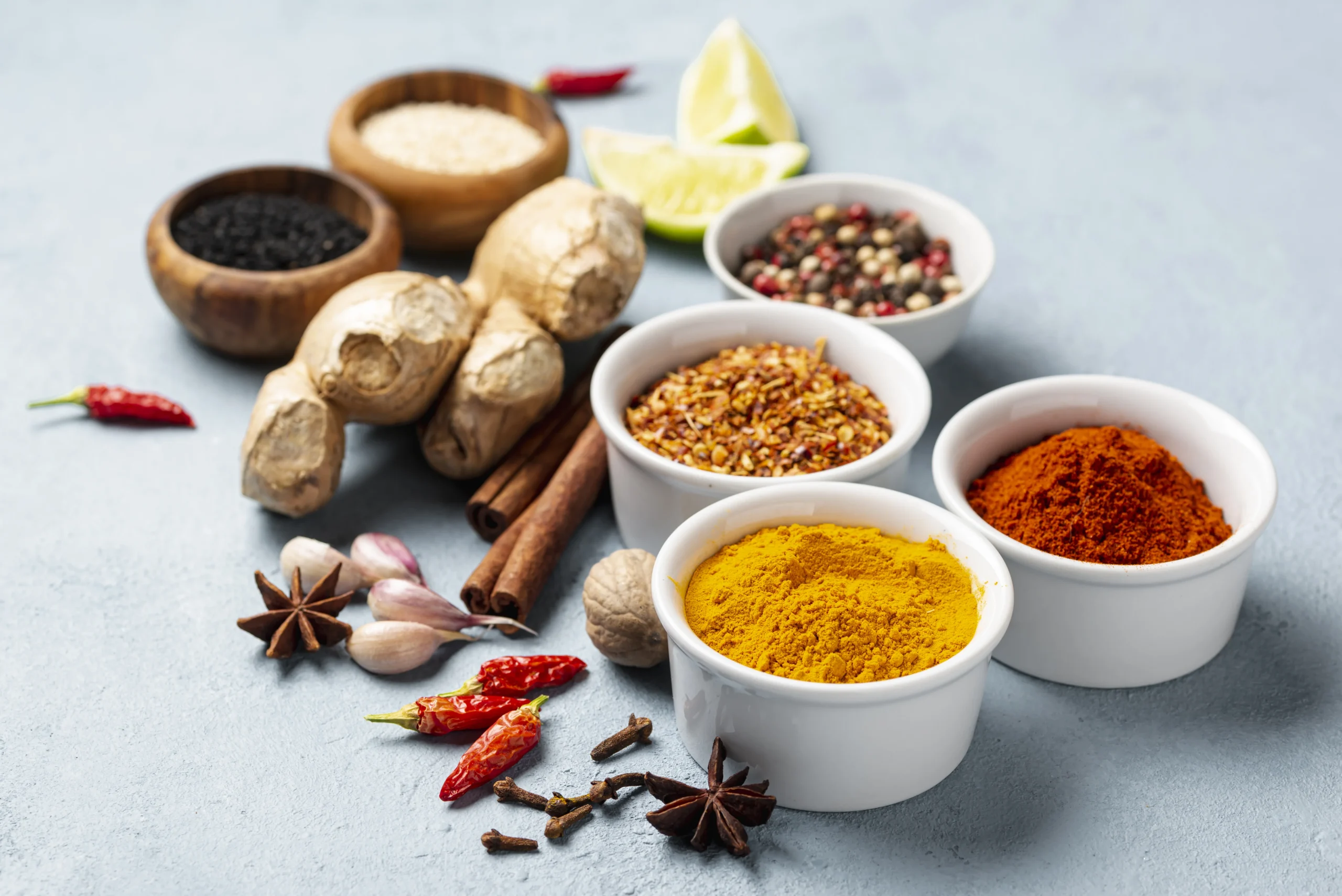You will be amazed at how spices have played a defining role in some of the most important events in history! Whole Spices were a sought-after commodity in the middle ages, and their subsequent trade facilitated the destiny of nations and opened up the earliest known cultural exchanges in history. Apart from culinary uses, spices have also been used for their medicinal properties. We have come up with 5 interesting facts about spices that will blow your mind away!

1. Black Gold: Black pepper also known as ‘kaali mirch’ was highly valued in Europe ever since the beginning of the 10th century. Pepper was used by European kings and royalties for not just its effect on food but also as the base for many home-made medicines for treating cough, cold and a number of other diseases. The lure of pepper bought the first Europeans and Arabs to the coasts of southern India, which was the only known region in the world which produced the Whole spices. In a way you can say that we got colonized because of this high-value spice which was more expensive than gold and therefore earned its nickname of Black gold!
2. Salt: India has been producing salt for over 5000 years now. Salt was another rare commodity that was extremely coveted for its uses in cooking. So much so that Romans used to pay their soldiers in salt! The phrase ‘worth his salt’ has been derived from this historic practice! Evergreen Exports is one of the biggest exporters of laboratory tested, pure salt in many countries in the world.
3. Turmeric: Turmeric finds multiple mentions in our ancient Indian texts of Ayurveda and sushruta samhita. The whole spice can not just pep up your food but can also be used to treat all kinds of injuries which involve bleeding. Turmeric has high antiseptic and antibacterial properties, and when applied to a wound, can effectively stop bleeding. Researchers in the West have now backed the anti-inflammatory and Antioxidant with scientific evidence which they attribute to a compound called curcumin inside the spice.
4. Spread of Indian culture: Whole Spices not only brought an influx of foreigners to India, but they also helped to spread our indigenous culture far and wide in Southeast Asia. Countries like Malaysia, Cambodia, Indonesia,and others extensively make use of spices in their kitchens today, because of Arab traders who used these countries as pit stops in their voyages back home.
5. India: India is home to over 70% of the spices produced in the world. Indian spices are known for their purity and quality. There are over 500 varieties of spices that are grown in India. From Japanese Sushi artists, to American barbeque enthusiasts, Indian spices are the first preference of chefs and foodies across the world. India also has the world’s only known stock exchange dedicated to spices!


